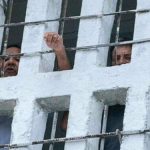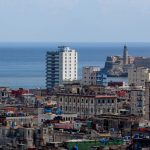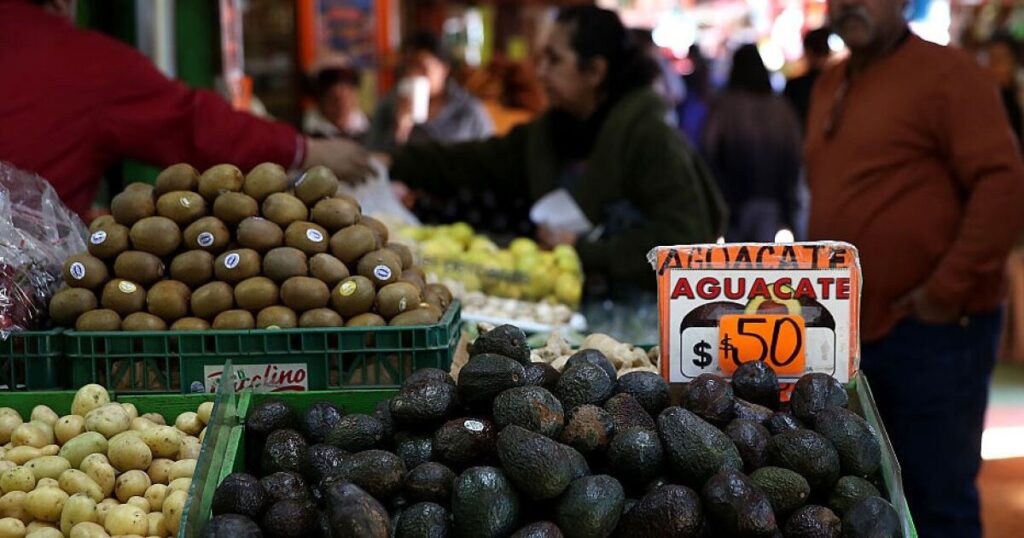The president of the Human Rights Council of the United Nations Organization (UN), Federico Villegas, appointed on Tuesday the people who will make up the Group of Experts to monitor the situation in Nicaragua in accordance with a resolution that was issued by the organization on last March 31.
according to the resolutionan accountability mechanism will be established “on the serious abuses and crimes committed in Nicaragua” as a result of the 2018 protests.
The group will be made up of German Jan-Michael Simon, an expert in criminal law and international law. Simon has excelled in work related to human rights, according to a UN statement.
The Chilean Alexandro Álvarez, a lawyer with experience in human rights, will also be present. Álvarez recently served as an international consultant for the Office of the High Commissioner for Human Rights in Nicaragua.
It will also be made up of Colombian Ángela María Buitrago, who is a lawyer and former prosecutor who is an expert in human rights issues.
According to the UN, Buitrago is well acquainted with international systems and the operation of expert research groups, since he was part of the Interdisciplinary Group of Independent Experts (GIEI) in Mexico.
She has also presented numerous expert reports before the Inter-American Court of Human Rights, including from a gender perspective.
Mission must work from outside
Human rights organizations valued as positive the formation this Tuesday of a group of UN experts that will assess the crisis in Nicaragua, however a dilemma arises among the opponents: How will they operate if they are denied entry to Managua?
The human rights collective based in San José, Nicaragua Never Again, affirms that this group opens the possibility that in the future “the crimes of Daniel Ortega” that occurred from 2018 to date be investigated.
“The formation of the group of experts is a step in this new roadmap that opens the possibility of investigating Ortega’s crimes and in the long or medium term and that legal proceedings can be supported against people who committed serious crimes,” he says. to VOAJuan Carlos Arce, who is part of the group.
However, the expert points out that the mechanism will have a challenge in building a method that allows its documentation work to be carried out from the outside because the Ortega government will not allow this United Nations group to enter the country.
“Therein lies the challenge. Right now we have a large number of victims in exile, important work can be done here between the group of experts and the victims”, he says.
For its part, the Nicaraguan Center for Human Rights (Cenidh), which works clandestinely in Managua, affirms that the work of the experts will depend a lot on the contributions of the victims.
“We consider that this is one more step to achieve justice and reparation for the victims of government repression,” Cenidh said on Twitter.
In a past interview with voice of americaJuan Pappier, senior researcher of the division for the Americas of Human Rights Watchemphasized that it is foreseeable that Ortega will close “to international scrutiny” therefore he considers that the blockade of the delegation that would be delegated would not be the exception.
However, he assures that if Ortega does not allow them to visit the country, “they can interview relatives of victims, speak with those Nicaraguans who have had to leave the country, many of them in Costa Rica or in the United States, and they can collect everything type of evidence to reach conclusions about the human rights violations that are being committed”.
Precisely in Costa Rica there is a high number of Nicaraguan refugees and asylum seekers.
At the end of March the UN Refugee Agency (UNHCR) reported that the number of refugees has doubled during the last eight months, totaling more than 150,000 displaced persons, a figure that represents 3% of the total population of Costa Rica.
Connect with the Voice of America! Subscribe to our channel Youtube and turn on notifications, or follow us on social media: Facebook, Twitter and Instagram

















